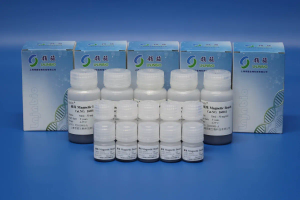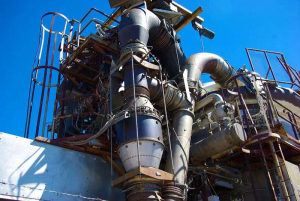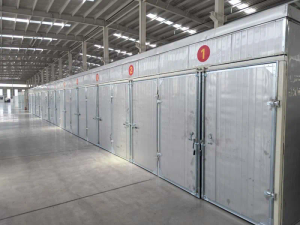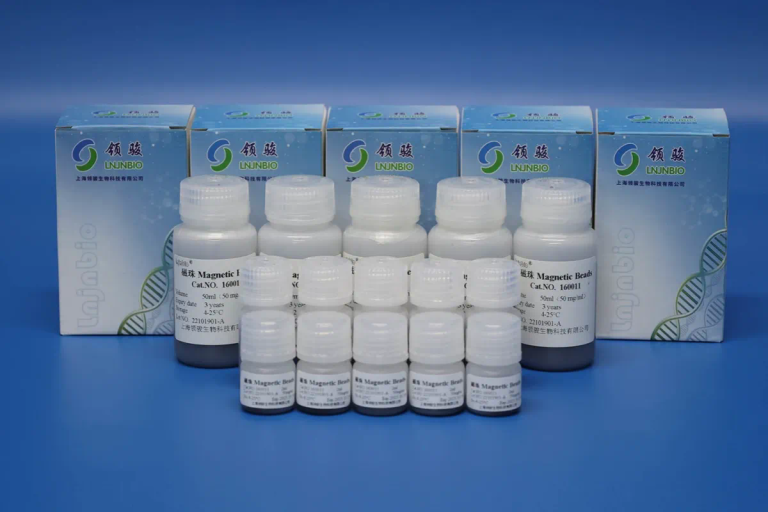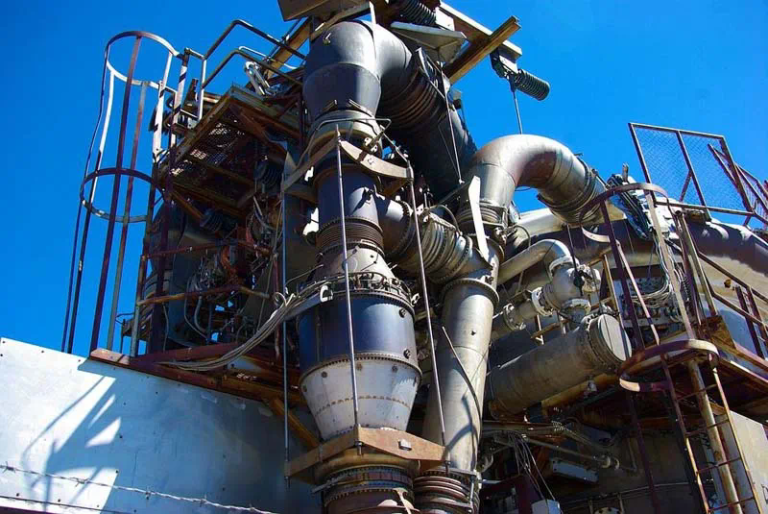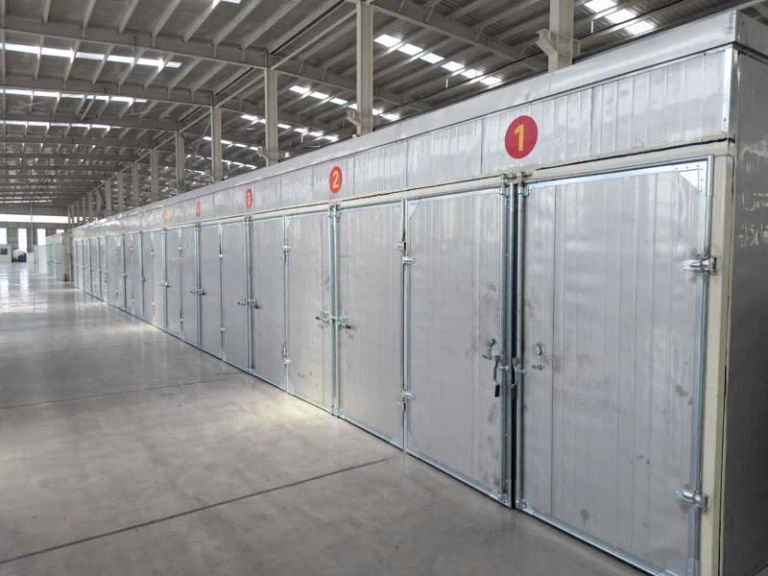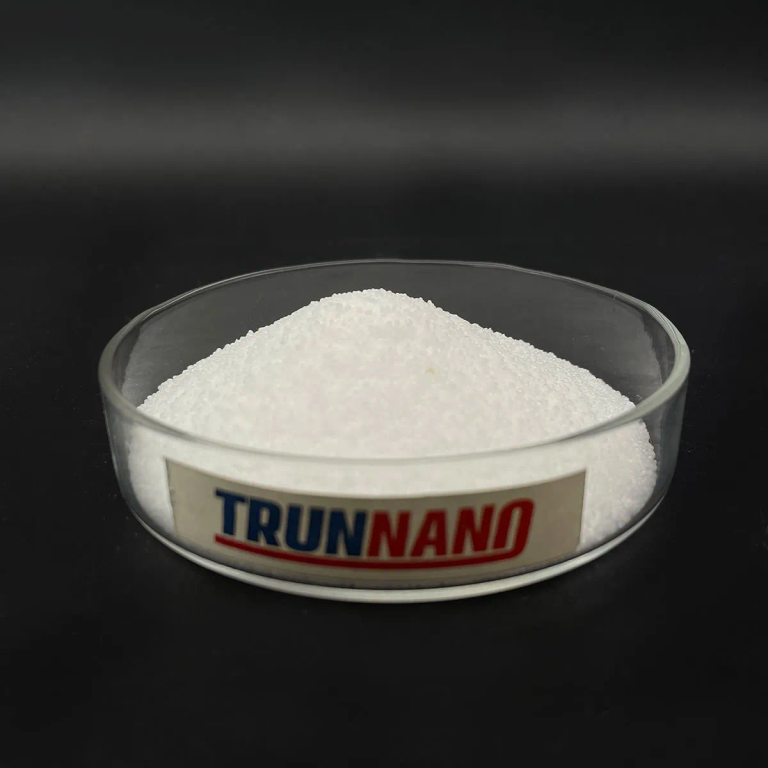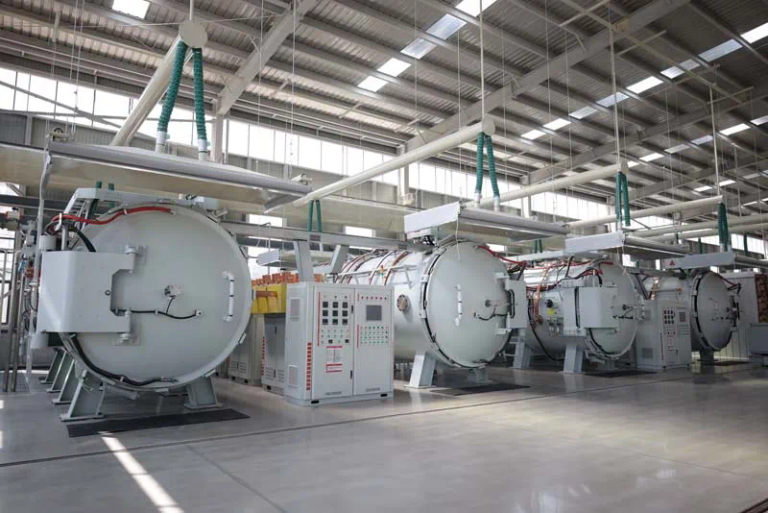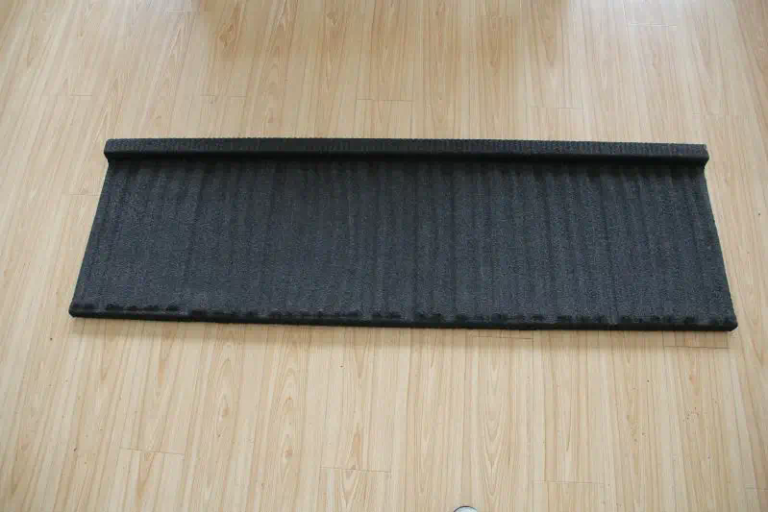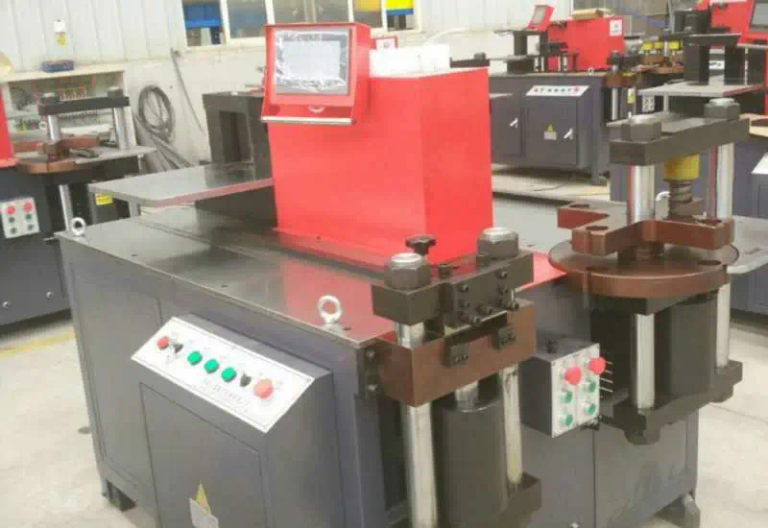Silicon carbide (SiC) is a compound of silicon and carbon. It is known for its exceptional properties, making it a highly attractive material for various applications. This article provides an overview of the properties of silicon carbide, its preparation methods, and its wide range of applications.
Properties of Silicon Carbide:
Silicon carbide possesses a unique combination of properties that make it stand out among other materials. Firstly, it is an extremely hard and durable material, with a Mohs hardness of 9.5, second only to diamond. This exceptional hardness makes it suitable for applications requiring high wear resistance and durability.
Additionally, silicon carbide exhibits excellent thermal conductivity, allowing for efficient heat dissipation. It can withstand extreme temperatures and has a high melting point of approximately 2700°C, making it suitable for applications in high-temperature environments.
Another remarkable property of silicon carbide is its chemical resistance. It is highly inert and can withstand exposure to harsh chemicals, acids, and bases. This characteristic makes it ideal for applications in corrosive environments.
Preparation of Silicon Carbide:
Silicon carbide can be prepared through various methods, including the following:
- Acheson Process: This is the most common industrial method for silicon carbide production. In this process, a mixture of silica sand and petroleum coke is heated at high temperatures (around 2000°C) in an electric resistance furnace. The reaction between the silica and carbon produces silicon carbide, which is then cooled and crushed into the desired particle size.
- Lely Method: This method involves the sublimation of silicon carbide powder at high temperatures. The resulting large single crystals of silicon carbide can be used for specialized applications such as electronic devices and high-power devices.
- Chemical Vapor Deposition (CVD): In this method, silicon carbide is deposited onto a substrate by the reaction of gaseous precursors. This technique allows for the precise control of film thickness and composition, making it useful for thin-film applications.
Applications of Silicon Carbide:
Silicon carbide finds applications in various fields due to its exceptional properties. Some of its prominent applications include:
- Electronics and Semiconductors: Silicon carbide is used in power devices, high-temperature electronic devices, and radio frequency systems due to its high breakdown voltage, low power losses, and excellent thermal conductivity.
- Abrasives and Grinding: The exceptional hardness of silicon carbide makes it an ideal material for cutting, grinding, and polishing applications. It is widely used as an abrasive in industries such as automotive, aerospace, and metal fabrication.
- Refractory Materials: Silicon carbide’s high melting point and thermal stability make it an excellent material for refractory applications. It is used in the production of crucibles, kiln furniture, and other high-temperature components.
- Ceramics and Coatings: Silicon carbide ceramics are widely utilized in applications that require high strength, wear resistance, and chemical inertness. It is used in the manufacturing of ceramic parts, cutting tools, and protective coatings.
- Energy Storage: Silicon carbide is being explored for its potential use in energy storage applications, such as lithium-ion batteries and supercapacitors. Its high thermal conductivity and enhanced electrochemical properties make it a promising candidate for next-generation energy storage devices.
Conclusion:
Silicon carbide is a versatile material with exceptional properties that make it suitable for a wide range of applications. Its unique combination of hardness, thermal conductivity, chemical resistance, and high-temperature stability sets it apart from other materials. As advancements in the preparation methods continue, silicon carbide’s utilization in various industries is expected to grow, further unlocking its potential in emerging technologies.
